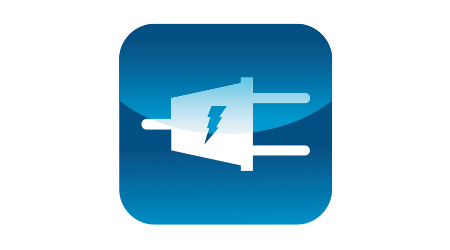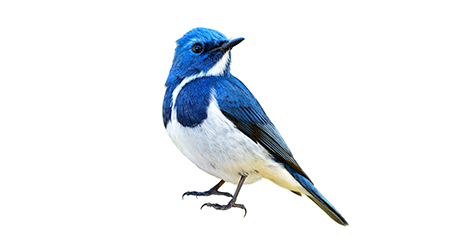
New LEED Pilot Credit Rewards DC Power in Buildings
March 7, 2019
It’s been more than 100 years since George Westinghouse and his alternating current (AC) claimed victory over Thomas Edison and his direct current (DC) in the so-called War of the Currents, but Edison is making a comeback. A new LEED pilot credit encourages building owners and facility managers to integrate DC power systems into buildings.
The reason for this credit is that many modern power-using devices in buildings, including computers, electric vehicle chargers, and LED lighting, use DC power. Currently, 32 percent of the energy load in the United States requires DC power. This means the AC power coming from the grid must be converted, resulting in a loss of 5-20 percent. The inefficiency drives up power consumption.
What’s more, as more renewable energy comes online — solar panels produce DC power that must be converted to AC to be used for AC loads in the building — having buildings and power-using systems capable of using DC means higher efficiency in using that renewable energy, lowering greenhouse gas emissions.
“The new LEED pilot credit is designed to break the chicken-and-egg dilemma related to DC power in buildings: Manufacturers are not inclined to produce DC-powered systems because they aren’t specified in design plans,” according to the U.S. Green Building Council. “On the other hand, design teams don’t specify them because manufacturers don’t produce them.”
To achieve the new pilot credit, users can take one of two paths.
The first path is a prescriptive approach that requires 95 percent of the load of at least one major energy system to operate directly off DC power.
The second path is a performance-based approach that offers a whole-building energy simulation alternative compliance path, rewarding more points for more energy saved in designs that integrate DC power.
Greg Zimmerman is executive editor of Building Operating Management. Read his cover story on how buildings are tackling climate change.
Next
Read next on FacilitiesNet











